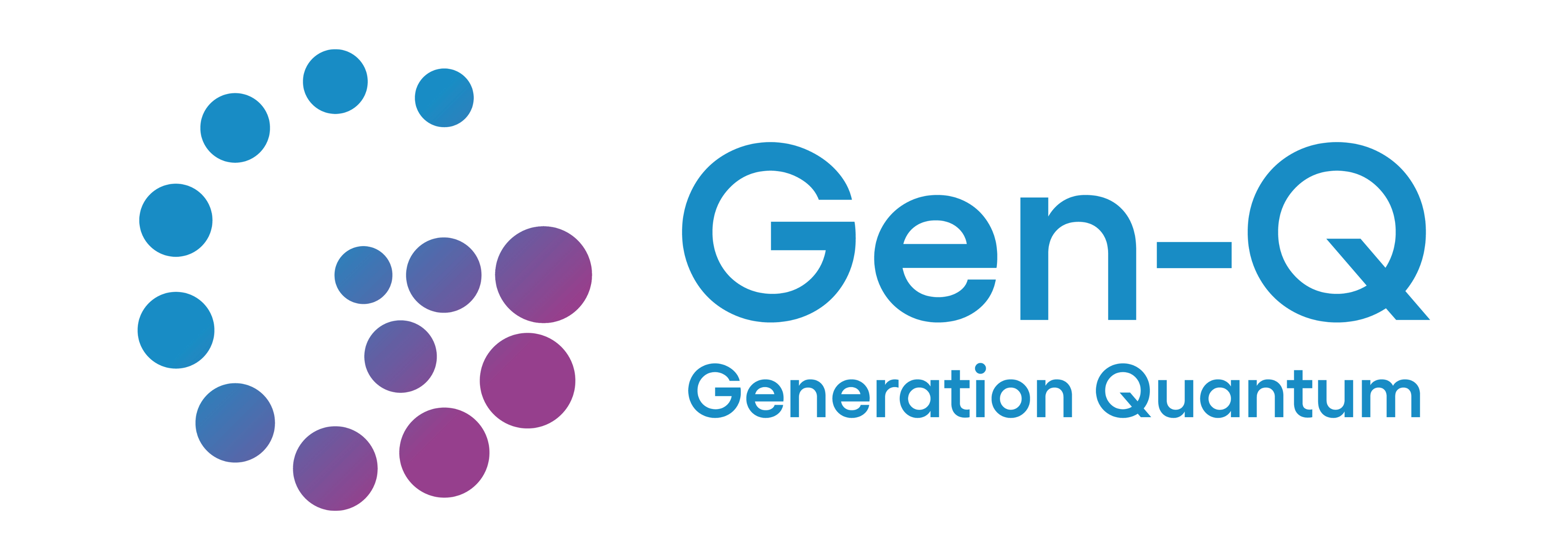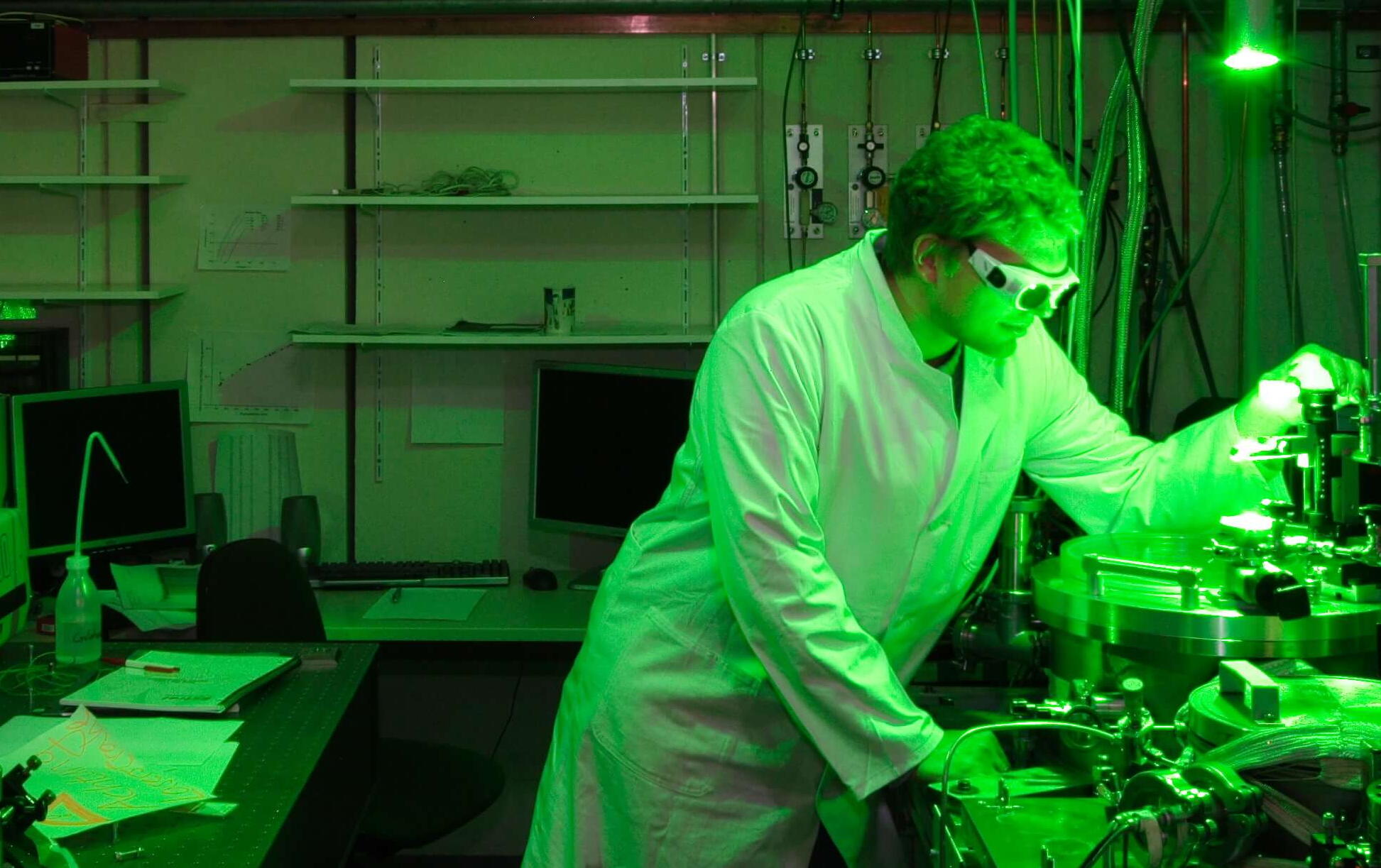The goal of Gen-Q is to equip a cohort of doctoral candidates with the necessary scientific and transferable skills to make an impact on the European quantum ecosystem.
For each doctoral researcher, Gen-Q will implement a 3-tiered training structure, building on the seven principles for innovative doctoral training. This training is focused on maximising each doctoral candidate’s employability after their training, enabling them to become future research leaders. Gen-Q training is overseen and monitored by an individualised training panel consisting of supervisor, co-supervisor and mentor. Each project includes a secondment to a non-academic partner with an expected duration between 3 and 12 months.
Training objectives and activities
The training objectives and activities will be carried out over the course of four years and consist of:
- Local as well as network-wide events
- Scientific lectures and the possibility to meet scientific experts
- Five transferable skills trainings
- Intersectoral training
- Reaching two high-level publications over the course of their fellowship
- Active contribution to at least one communication/outreach/citizen science measure per year
- At least one blog entry over the course of their fellowship
- Organisation/attendance to summer schools (organised yearly)
- Establishment of a Personal Career Development plan (PCDP)
- Evaluation process
- Training at Gen-Q
- Contact & additional information

3-tiered training structure
The training goals are implemented through the development of a 3-tiered training structure:
Tier 1: Laying the foundation
Develop world leading expertise in a Scientific Challenge
Counts for 60%
Tier 2: Building up towards independence
Broaden skills through the Gen-Q programme and equip doctoral candidates with advanced scientific skills
Counts for 20%
Tier 3: Taking responsibility and guiding others
Equip doctoral candidates with transferable skills and achieve impact
Counts for 20%
MSCA COFUND project
The Gen-Q programme has received funding from the European Union’s Horizon Europe research and innovation programme under the Marie Skłodowska-Curie grant agreement number 101217386.

